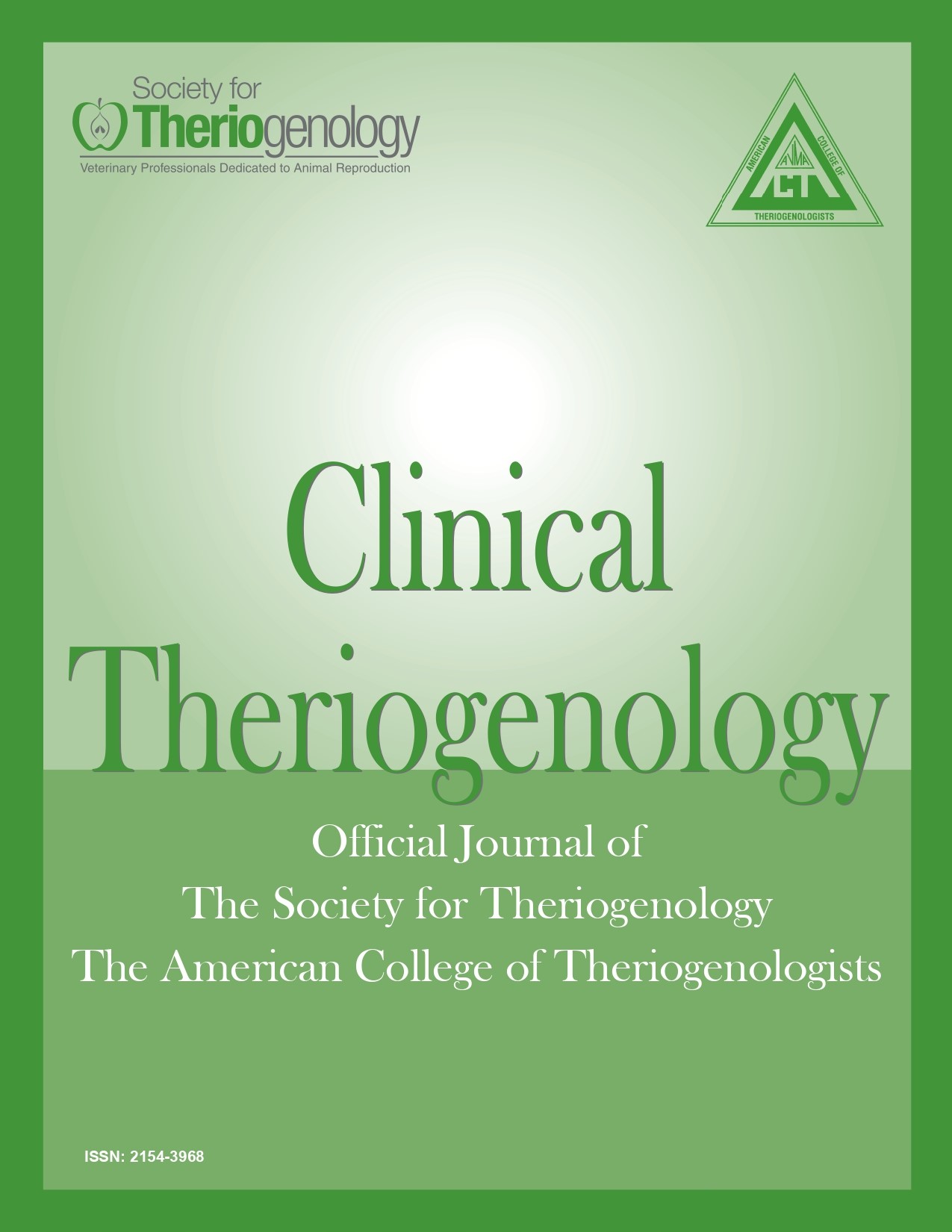Rhodococcus Equi Infections In Foals
Abstract
Rhodococcus equi, a gram-positive facultative intracellular pathogen replicating in macrophages, is one of the most important causes of disease in foals between three weeks and six months of age, with most foals showing clinical signs before the age of four months. R. equi has also been increasingly recognized as an important cause of pneumonia in immunosuppressed people, especially those infected with human immunodeficiency virus. R. equi is considered to be a saprophytic inhabitant of the soil. Although all horse farms are likely to be infected to various degrees with R. equi and antibody is widespread in the horse population, the clinical disease is enzootic and devastating on some farms, is sporadic on others, and is unrecognized on most. This probably reflects differences in environmental (temperature, dust, soil pH, soil type) and management conditions as well as differences in virulence of isolates. On enzootic farms the disease leads to significant financial loss because of the cost of therapy and occasional death of foals.
Downloads
Authors retain copyright of their work, with first publication rights granted to Clinical Theriogenology. Read more about copyright and licensing here.





